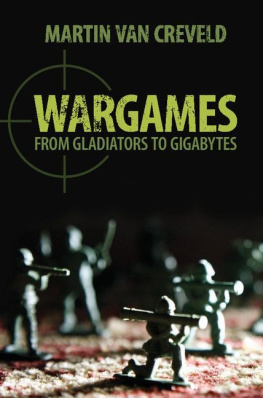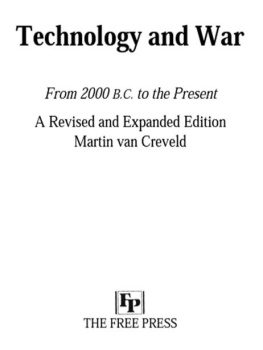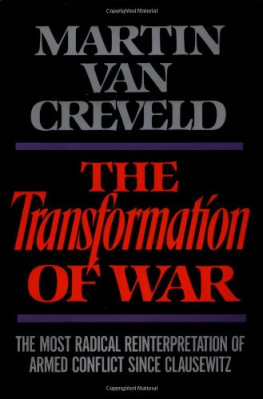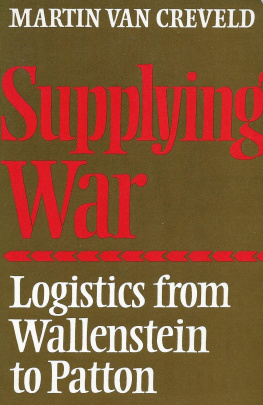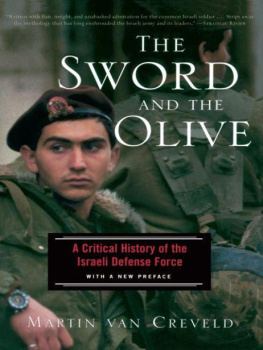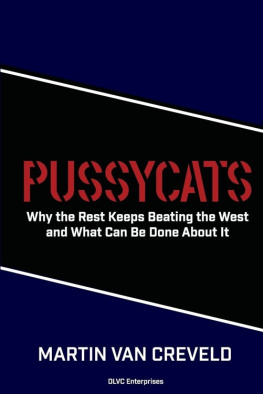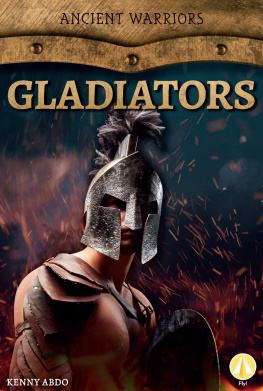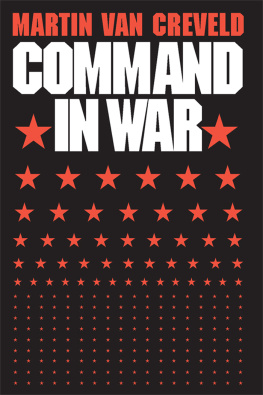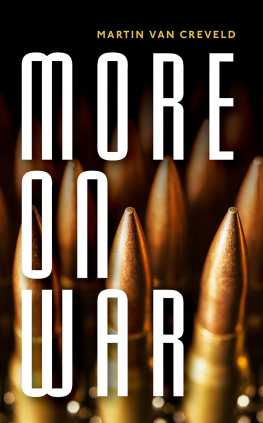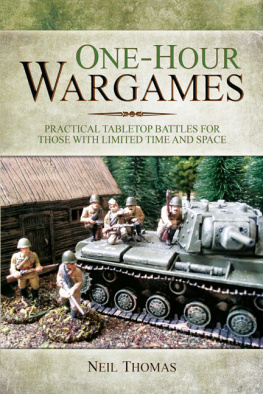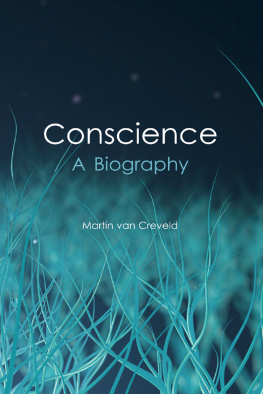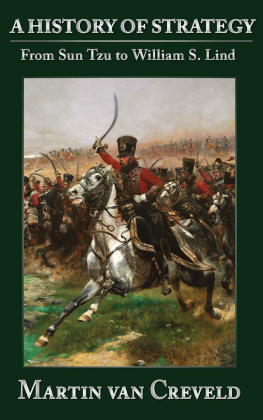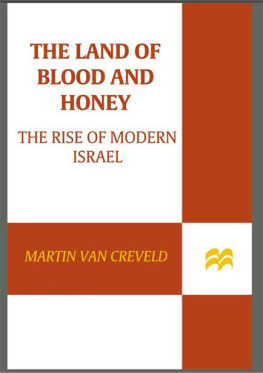Martin van Creveld - Wargames: From Gladiators to Gigabytes
Here you can read online Martin van Creveld - Wargames: From Gladiators to Gigabytes full text of the book (entire story) in english for free. Download pdf and epub, get meaning, cover and reviews about this ebook. year: 2013, publisher: Cambridge University Press, genre: History. Description of the work, (preface) as well as reviews are available. Best literature library LitArk.com created for fans of good reading and offers a wide selection of genres:
Romance novel
Science fiction
Adventure
Detective
Science
History
Home and family
Prose
Art
Politics
Computer
Non-fiction
Religion
Business
Children
Humor
Choose a favorite category and find really read worthwhile books. Enjoy immersion in the world of imagination, feel the emotions of the characters or learn something new for yourself, make an fascinating discovery.
- Book:Wargames: From Gladiators to Gigabytes
- Author:
- Publisher:Cambridge University Press
- Genre:
- Year:2013
- Rating:4 / 5
- Favourites:Add to favourites
- Your mark:
- 80
- 1
- 2
- 3
- 4
- 5
Wargames: From Gladiators to Gigabytes: summary, description and annotation
We offer to read an annotation, description, summary or preface (depends on what the author of the book "Wargames: From Gladiators to Gigabytes" wrote himself). If you haven't found the necessary information about the book — write in the comments, we will try to find it.
Wargames: From Gladiators to Gigabytes — read online for free the complete book (whole text) full work
Below is the text of the book, divided by pages. System saving the place of the last page read, allows you to conveniently read the book "Wargames: From Gladiators to Gigabytes" online for free, without having to search again every time where you left off. Put a bookmark, and you can go to the page where you finished reading at any time.
Font size:
Interval:
Bookmark:
Where did wargames come from? Who participated in them, and why? How is their development related to changes in real-life warfare? Which aspects of war did they capture, which ones did they leave out, how, and why? What do they tell us about the conduct of war in the times and places where they were played? How useful are they in training and preparation for war? Why are some so much more popular than others, and how do men and women differ in their interest? Starting with the combat of David versus Goliath, passing through the gladiatorial games, tournaments, trials by battle, duels, and board games such as chess, all the way to the latest simulations and computer games, this unique book traces the subject in all its splendid richness. As it does so, it provides new and occasionally surprising insights into human nature.
MARTIN VAN CREVELD is Emeritus Professor at the Hebrew University, Jerusalem, and one of the world's best-known experts on military history and strategy. He is the author of over twenty books, covering all aspects of these and other subjects, which have now been translated into twenty languages including Chinese, French, German, Greek, Italian, Japanese, Korean, Polish, Portuguese, Russian, Serb, and Spanish. Professor van Creveld has consulted to the defense establishments of various countries and taught or lectured at many institutes of higher learning, both military and civilian. He has also written hundreds of articles and conducted interviews with newspapers, television, and radio all over the world.

This publication is in copyright. Subject to statutory exception and to the provisions of relevant collective licensing agreements, no reproduction of any part may take place without the written permission of Cambridge University Press.
Cambridge University Press has no responsibility for the persistence or accuracy of URLs for external or third-party Internet websites referred to in this publication, and does not guarantee that any content on such websites is, or will remain, accurate or appropriate.
For Uri. My son
Mirror, mirror on the wall:
What is the most exciting game of all?
This volume owes its existence to my one time mentor, Edward Luttwak. It was his brilliant 1987 book, Strategy: The Logic of War and Peace , that first made me think about a topic which has now been preoccupying me for a quarter-century. I remember an afternoon spent at his home in Chevy Chase, Maryland, when we went over the manuscript together. Both before and after that day Edward has not only astonished me with his intellect but has proved a very good friend too. I am proud and honored to be his.
I cannot remember all the people who, over the years, have been forced to listen to me expounding my ideas. One is Stephen Glick, another old friend. Along with Ian Charters, he did a wonderful job writing an article on wargames for a special issue of a periodical for which I was responsible ( Journal of Contemporary History , 18, 4, October 1983). Another is Seth Carus who himself designed a wargame around the 1973 IsraeliSyrian battle for the Golan Heights; yet another is my friend and former student Robert Tomes. As always, Israel Defense Force Colonels (ret.) Moshe Ben David and Raz Sagi, as well as Lieutenant Colonel (ret.) Eado Hecht, have been generous with their time and interest. Eado also allowed me to use a short paper he has written about the subject. Amihai Borosh has helped me find my way in some rabbinical literature that would otherwise have remained closed to me. Just as he and his partner, Shmuel Alkelai, have long treated Dvora and me as if we were their parents, so she and I have tried to treat them as if they were our sons. Last but not least, I have had the usual splendid arguments with my stepson Jonathan Lewy. Before following in my footsteps and deciding to become a historian, he himself used to be an avid player of wargames.
Parts or all of the manuscript have been read, and corrected, by Colonel (ret.) Moshe Ben David, Dr. Alex Yakobson, and Dr. Julie Thompson: thank you all for your useful comments.
Some financial assistance towards the writing of this book has come from the Axel and Margaret Axson Johnson Foundation in Stockholm, Sweden. In particular, it helped me buy books that, since I like the feel of paper and dislike reading from screens, I might not otherwise have been able to obtain or to afford. I wish to thank the Foundation and its director, Mr. Kurt Almquist, for its generous support over the last decade or so, and express the hope that I may continue to rely on it in the future.
Concerning Dvora, I have already said whatever there is to be said not once, but many times. Thank you, Dvora, from the bottom of my heart. Not just for what you do producing wonderful paintings, running a household, looking after grandchildren, generously giving your time and brains to help anyone who asks you to but for what you are: the best spouse God has ever given a man.
Where did wargames come from? What purposes did they serve? Who participated in them, why, and what for? What forms did they take? What factors drove their development, and to what extent did they reflect changes in the art of war itself? What did they simulate, what didnt they simulate, how, and why? What do they reveal about the conduct of war at the times, and in the places, where they were played? How useful are they in training for war and preparing for it? Why are some so much more popular than others, how do men and women compare in this respect, and what can the way the sexes relate to wargames teach us about the relationship between them? Finally, what does all this tell us about real war, fake or make-believe war, and the human condition in general? These are the sorts of questions the present volume will try to answer. Before it can do so, however, it is first of all necessary to say a word about what wargames are, where they stand in relation to other kinds of games on the one hand and to real war on the other, what has been written on them, what may be learnt from them, and where all this may lead.
Games, including wargames which form the subject of this book, are all around us. Even the most superficial observation will soon conclude that not only humans but many kinds of animals engage in games, i.e. play. The great Dutch historian Johan Huizinga has argued, to my mind with very good reason, that not economic needs (as Karl Marx thought) but play and games represent the real source from which all human culture, everything beautiful, true and good, springs. The nature of the activity does not matter much. Provided it is done for its own sake, for fun, as people say, almost anything may be turned into a game.
Font size:
Interval:
Bookmark:
Similar books «Wargames: From Gladiators to Gigabytes»
Look at similar books to Wargames: From Gladiators to Gigabytes. We have selected literature similar in name and meaning in the hope of providing readers with more options to find new, interesting, not yet read works.
Discussion, reviews of the book Wargames: From Gladiators to Gigabytes and just readers' own opinions. Leave your comments, write what you think about the work, its meaning or the main characters. Specify what exactly you liked and what you didn't like, and why you think so.

